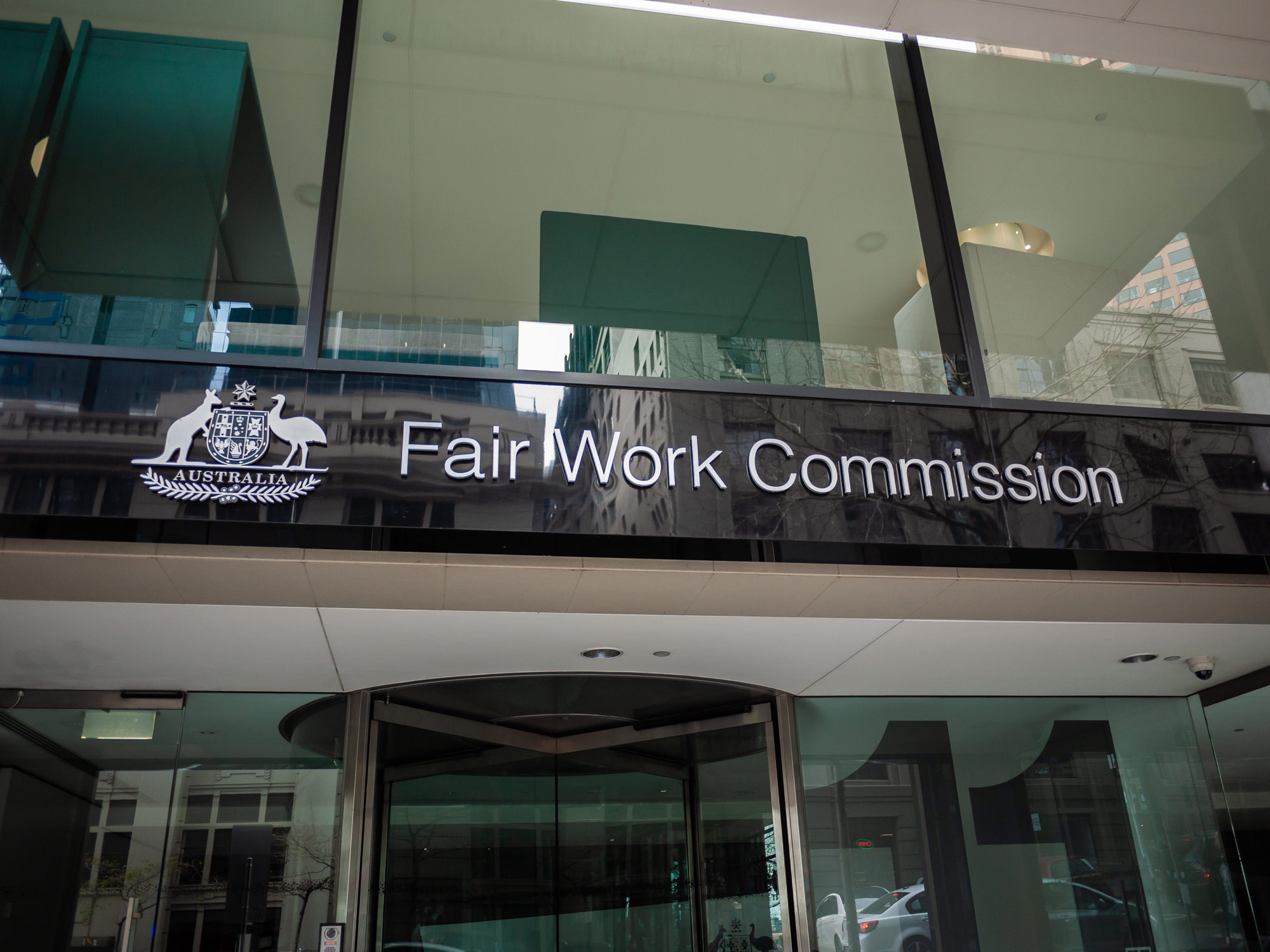Subscribe
The Fair Work Commission’s decision to increase the national minimum wage reflects a changing economic climate impacted by inflation and the Covid-19 pandemic
The Fair Work Commission (FWC) has decided on a national minimum wage increase of around $40 per week, effective from 1 July 2022. The increase is a result of the FWC’s annual wage review for the 2021-22 financial year, conducted by its Expert Panel (the Panel).
This decision has been highly anticipated because the 2021-22 financial year saw even more impacts of COVID-19, such as significant pressure on the health system and the consequences of lockdowns on businesses and individuals. In addition, we saw floods ravage Queensland and NSW and we had a Federal Election.
In May, the Reserve Bank of Australia (RBA) indicated that the outlook for inflation for early 2022 is “materially higher than envisaged.” Later in 2022, it expects headline inflation to spike at around 6 per cent.
What is the role of the FWC Expert Panel?
Under the Fair Work Act (the Act), the Panel is required to conduct an annual review of wages every financial year. The Panel must consult with interested organisations, industry bodies and individuals. They may make written submissions and comments on other submissions to the Panel to assist the Panel in making its decision
The Panel may also be directed to investigate and conduct research on certain matters. It is required to take into account certain issues and objectives of the Act.
What were the significant changes that occurred in the 2021-22 financial year?
Various key economic indicators inform the annual wage review. Since the last financial year review, we have seen the impact of the Omicron COVID-19 variant, and floods in NSW and Queensland. As a society, we saw:
- A rise in the cost of living;
- A strengthening labor market, but slow wage growth;
- A drop in unemployment and underemployment;
- An increase in the number of persons employed;
- CPI growth and a rise in inflation;
- An increase in the wholesale price index (WPI);
- A growth in non-mining business investment
What does the wage increase mean for workers and employers in the 2022-23 financial year?
Given the implications for lower paid workers, the Panel increased the national and modern award minimum wages. From 1 July 2022:
- The national minimum wage will increase by $40 or 5.2 percent, which amounts to $21.38 per hour, or $812.60 per week
- The modern award minimum wages are set to increase by 4.6 percent, which means wage rates below $869.60 per week will be adjusted up by $40 per week.
What is the likely impact of this decision?
It’s clear that the FWC’s decision required careful balancing, because a sharp increase in inflation and cost of living will impact businesses and workers.
After a strong recovery from the pandemic, global economic growth is also forecast to slow in the coming year. However, the RBA predicts an expansion of the Australian economy, with a continued recovery in the discretionary goods and services sector (for example, travel)
What should I do next?
As a business operator, we recommend that you immediately review your employment agreements and wages to ensure they comply with changes to the minimum wage or awards.
Our workplace lawyers can help with this process. Contact us to learn more about how the national minimum wage increase will impact your business.
This article was written by Milly Berry
Subscribe




